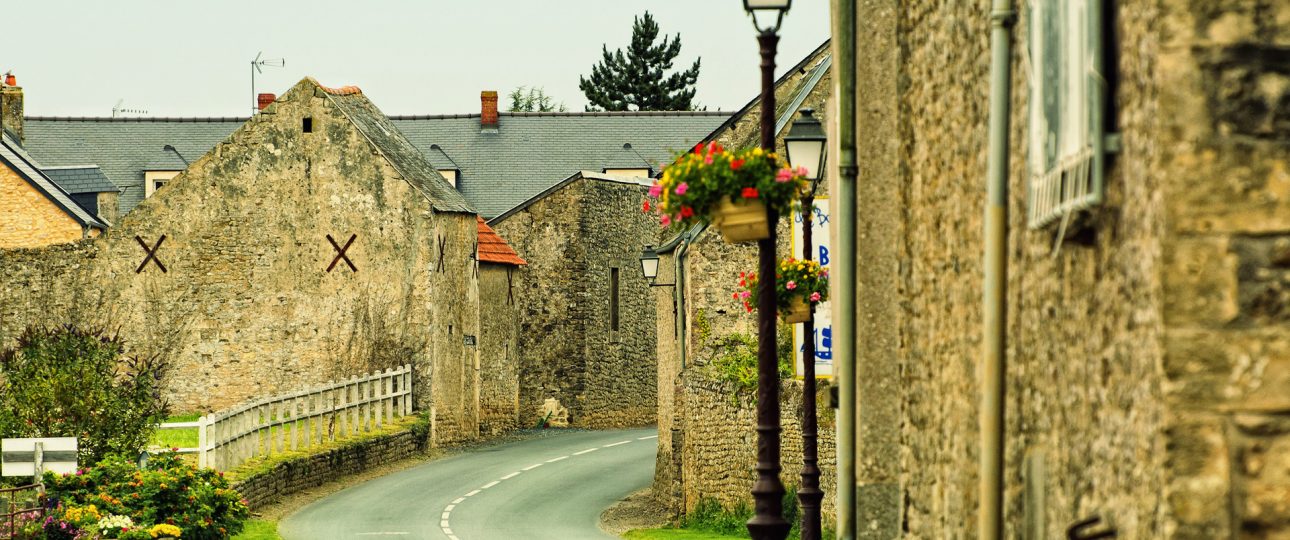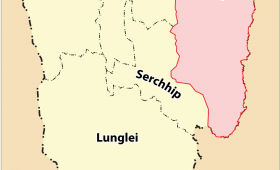Colleville-sur-Mer: A Journey Through History and Nature
Introduction
Colleville-sur-Mer, located along the Normandy coastline in France, offers a profound blend of historical significance and natural beauty. This village, with its rich past and scenic landscapes, invites visitors to explore its unique offerings. In this article, we will uncover the historical importance of Colleville-sur-Mer, its natural attractions, and provide practical tips for an enriching visit.
Historical Significance
Colleville-sur-Mer is etched into history as one of the key sites during the D-Day landings on June 6, 1944, known as Omaha Beach. This pivotal event marked the beginning of the liberation of Europe during World War II. The Normandy American Cemetery and Memorial, located in the village, stands as a solemn tribute to the soldiers who sacrificed their lives. The cemetery, with its rows of white marble gravestones, offers a poignant reminder of the past and provides visitors with a deeper understanding of the events that shaped modern history.
Exploring the Natural Beauty
Beyond its historical significance, Colleville-sur-Mer is surrounded by stunning natural landscapes. The village is characterized by its pristine beaches, rugged cliffs, and rolling countryside, making it an ideal destination for nature enthusiasts. Visitors can enjoy leisurely walks along the sandy shores, take in the fresh sea breeze, and experience the tranquility of the French countryside. The area is perfect for outdoor activities such as picnics, hiking, and cycling.
Best Time to Visit
The optimal time to visit Colleville-sur-Mer is during the summer months, from June to August, when the weather is warm and conducive to outdoor exploration. However, this period also attracts more tourists. For a quieter experience, consider visiting in the spring (April to May) or autumn (September to October), when the weather remains pleasant and the crowds are smaller.
Getting There
Colleville-sur-Mer is accessible via several transportation options. The nearest international airport is Paris Charles de Gaulle Airport. From there, travelers can rent a car or take a train to Bayeux, a nearby town. From Bayeux, a taxi or local bus can take you to Colleville-sur-Mer. Alternatively, you can travel by train from Paris to Caen and then take a taxi to the village.
Local Transportation
Once in Colleville-sur-Mer, the best way to explore is on foot or by bicycle. The village is compact and easy to navigate, allowing visitors to discover its charming streets and landmarks at their own pace. Bicycles are available for rent from local shops, providing a delightful way to experience the local atmosphere and countryside. For those who prefer not to walk or cycle, taxis and local buses are also available.
Practical Tips
- Wear comfortable shoes for exploring the village and its surroundings.
- Be prepared for variable weather, as coastal regions can experience sudden rain showers. Bring a light rain jacket or umbrella.
- Respect the historical significance of the area, especially when visiting the Normandy American Cemetery and Memorial. Maintain a respectful demeanor and adhere to any guidelines provided.
- Sample local delicacies such as Camembert cheese and Calvados, a traditional apple brandy.
- Learning a few basic French phrases can enhance your interactions with locals and show appreciation for their culture.
Summary
- Colleville-sur-Mer, situated in Normandy, France, is a destination rich in history and natural beauty.
- It played a crucial role in World War II and is home to the Normandy American Cemetery and Memorial.
- The village offers beautiful beaches, cliffs, and countryside for outdoor enthusiasts.
- The best time to visit is during the summer, but spring and autumn offer a quieter experience.
- Colleville-sur-Mer is easily accessible by air and train, with local transportation options including walking, cycling, taxis, and buses.
- Respect the historical significance of the area and enjoy local culinary specialties.




